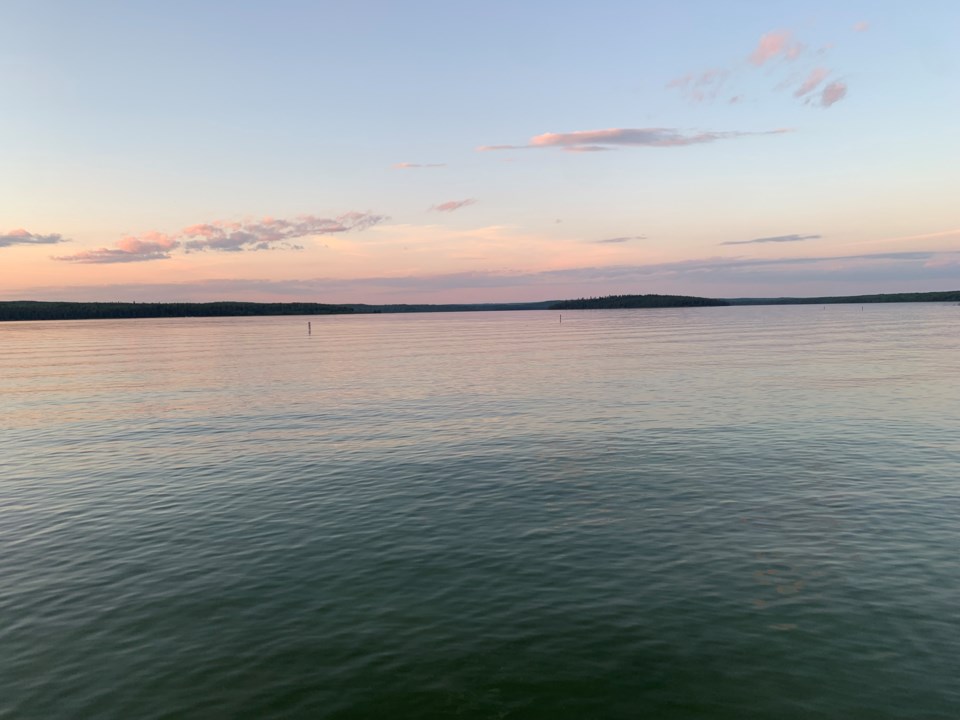An inordinate number of long-term locals have left the Sea to Sky corridor in the last two years.
Having lived here more than 10 years now, I feel like I’ve put in the time to recognize a mass exodus when I see one.
It’s sad to watch as, one by one, the fibres that make up the community disentangle themselves and move on (many, if not most that I’ve taken note of, have been integral to the arts community), but more than a feeling of loss, each time I hear of another departure, I’m left with one lingering question.
“But where do you go after you’ve lived here?”
No, it is not an easy place to live. There’s a housing crisis, a daycare shortage, and a lack of doctors—not to mention pretty much every staple is unaffordable. But whether your season of fun is winter or summer, if you’ve embraced mountain life, it really can feel like the centre of the universe.
Community aside, the most compelling reason to stay is how rooted you can find yourself in this place. One day you wake up, several years have passed, and you discover you know what’s behind each peak, the plants that make up your morning walk, and the names of the rivers you cross each day.
You’ve become part of a place. That’s hard to leave behind.
This week I travelled back to visit family in Alberta for the first time in 10 months. I arrived in peak wildfire smoke, greeted by “I heart oilsands” bumper stickers and a warning from my aunt to not run alone in Edmonton’s River Valley as crime is on an uptick.
Let’s just say the city wasn’t selling itself.
But then… I watched my daughter run around with her cousins, smack dab in the middle of a large, chaotic family dinner. (Have you ever seen the TV show Parenthood? They all talk over each other and you can’t make out what anyone is saying and there is so much going on you almost can’t follow the plot sometimes. That’s pretty much exactly what it’s like and it’s kind of great.)
While I shouldn’t out myself as having any political leanings, let’s just say the lawns in my sister’s neighbourhood bear hardly any blue signs for the upcoming provincial election—and those houses, with multiple bedrooms and large backyards, are well under $600,000.
I spent the morning at the Muttart Conservatory with four kids under six running around poking at plants and having a generally wonderful time. Yes, Whistler kids have a whole wild mountain backyard, but it’s also pretty nice to have multiple options for things to do on a random Thursday afternoon.
All this is not to say I’m packing my bags and heading back to Wild Rose Country anytime soon. Rather, it has reminded me that other places do exist—and they have all sorts of appeal that isn’t offered in the Sea to Sky.
The Whistlerites who have fled to the Island or Sunshine Coast might not have the same towering mountain ranges to play in, but they’ve traded them in for (slightly) more affordable land and picturesque beaches.
Those who have moved to the prairies are basking in their new square-footage and beefed-up bank accounts.
The few that have moved a little further down the highway to Vancouver are likely looking at more lucrative careers with room to grow.
They’re all legitimate reasons—even if they still have you scratching your head about why someone might abandon a place where you can ski, ride bikes, and hit the beach in the same day. Deep down, those big moves might also have you quietly questioning your own choice to stay, despite it all.
But maybe that’s not such a bad thing. Reflecting on how your priorities, life, and goals have changed over the years—or even how the resort itself has changed in that time—can be a healthy thing, too. Change can certainly be scary, but that’s not a good enough reason to avoid it.
Yes, we live in the best place—and if you’ve managed to eke out a way to make a viable life here, hey, you should probably stay—but if you do find yourself heading down the Sea to Sky highway with your belongings in tow, you just might be making the right choice too.




